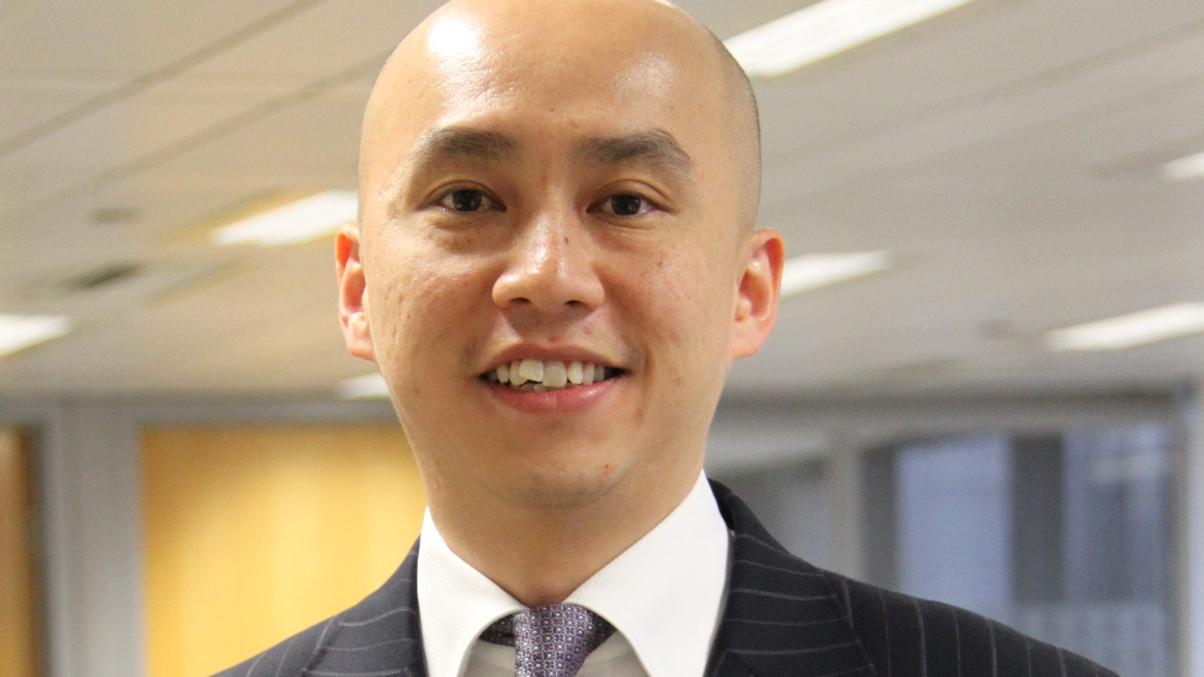SSgA boosts Asia ETF team, plans listings
State Street has hired its first Asia head of business development for exchange-traded funds to target fund managers, among others.

Ray Chan joined State Street Global Advisors (SSgA) earlier this month as Asia ex-Japan head of business development for its range of SPDR exchange-traded funds.
Sign in to read on!
Registered users get 2 free articles in 30 days.
Subscribers have full unlimited access to AsianInvestor
Not signed up? New users get 2 free articles per month, plus a 7-day unlimited free trial.
¬ Haymarket Media Limited. All rights reserved.


